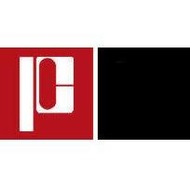English Composition 2
(View Complete Item Description)Composition 2 is an expository writing course requiring more advanced writing skills than Composition 1, yet reviewing and incorporating some of the same skills. This course teaches research skills by emphasizing the development of advanced analytical/critical reading skills, proficiency in investigative research, and the writing of persuasive prose including documented and researched argumentative essays. A major component of this course will be an emphasis on the research process and information literacy.
Material Type: Full Course, Textbook




















